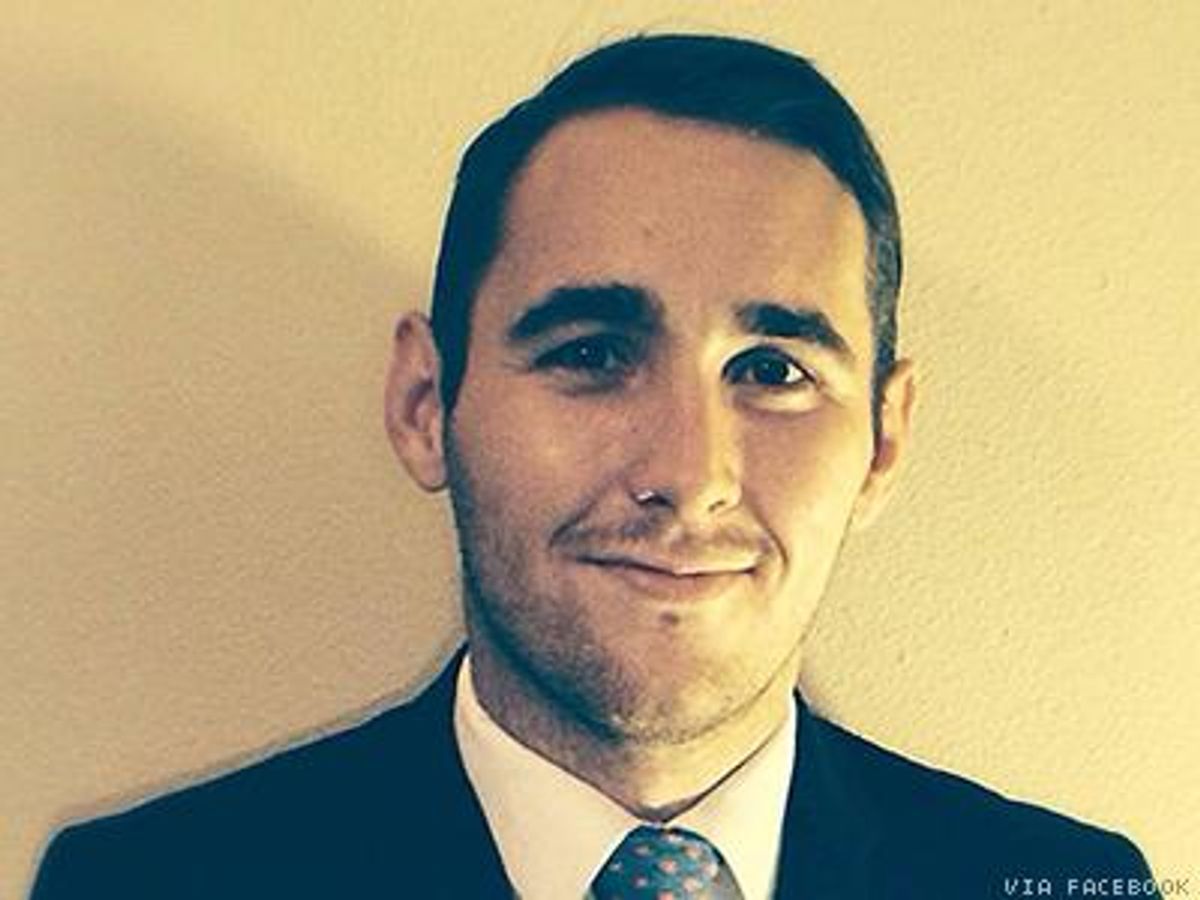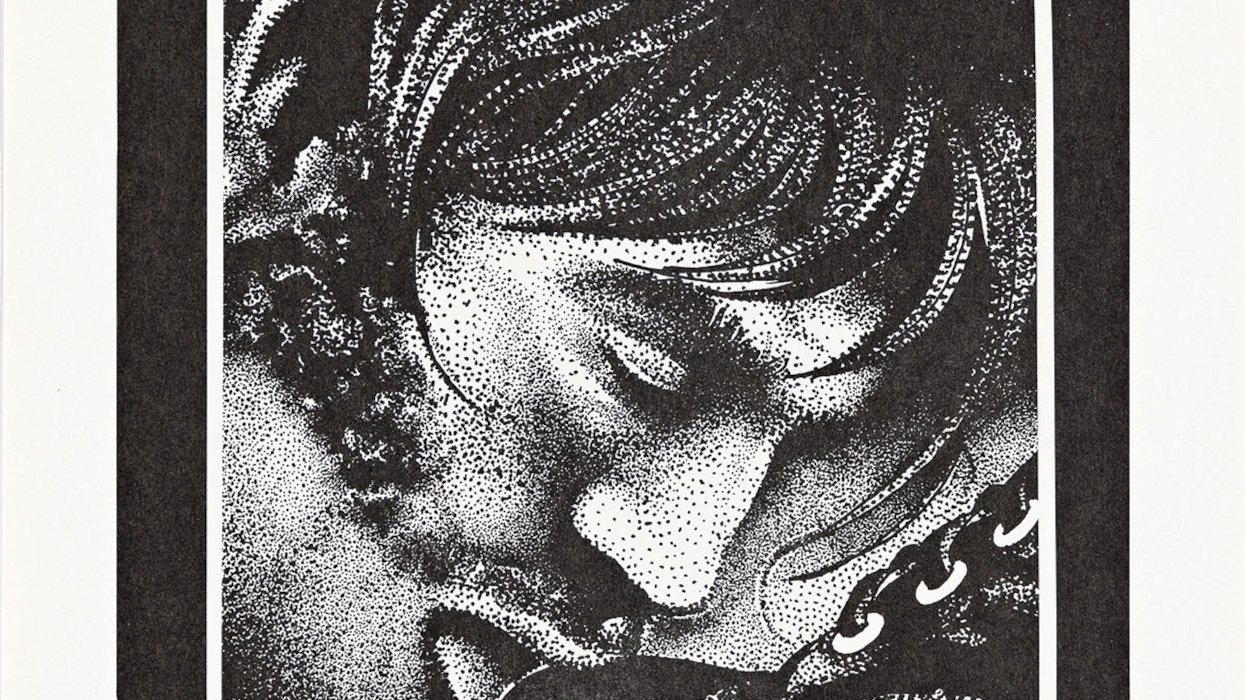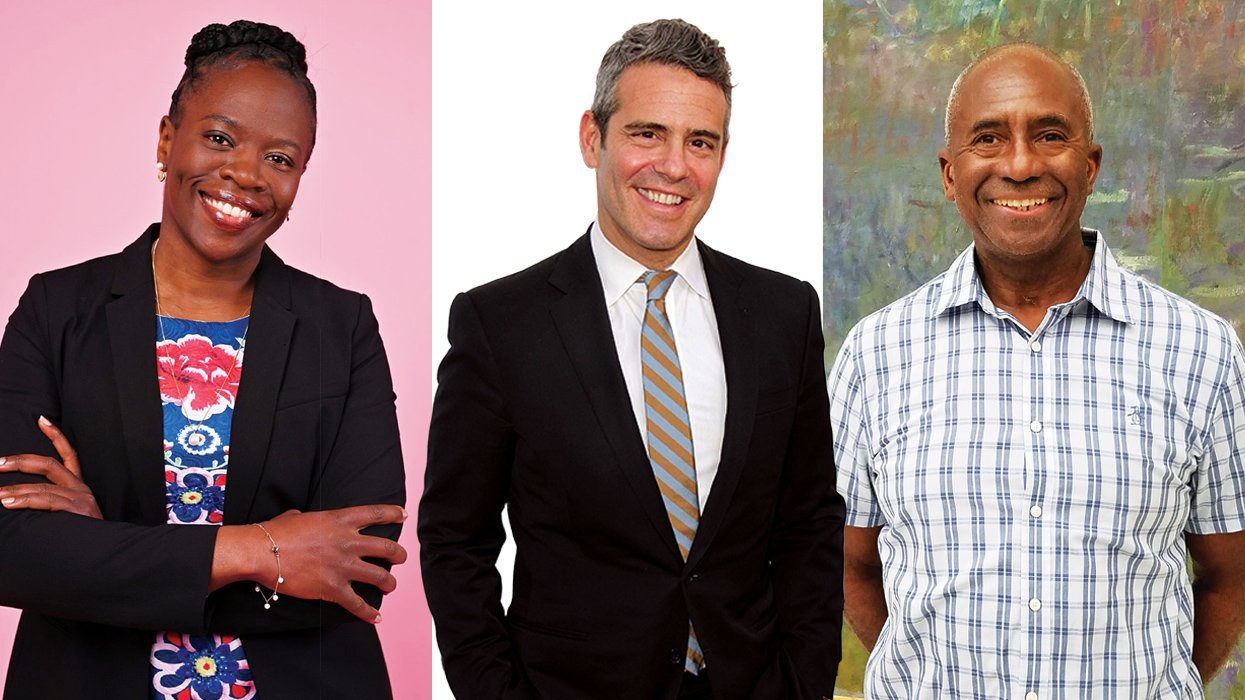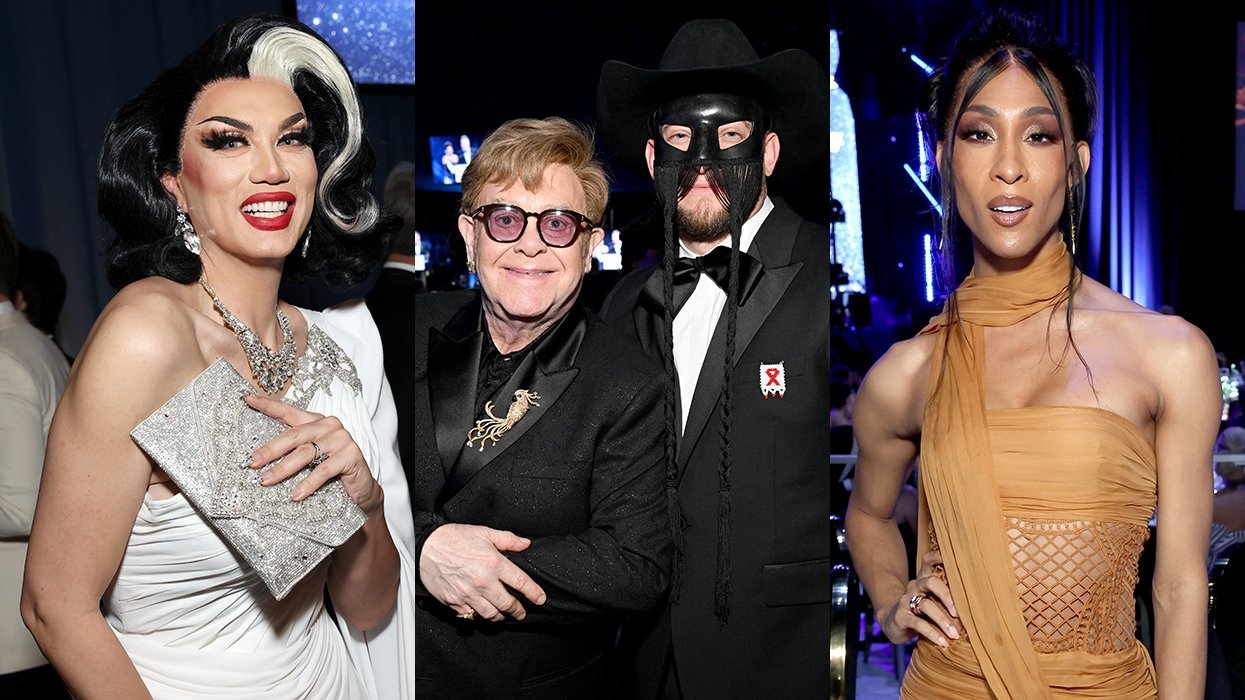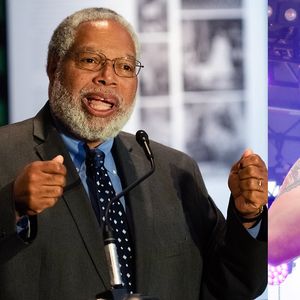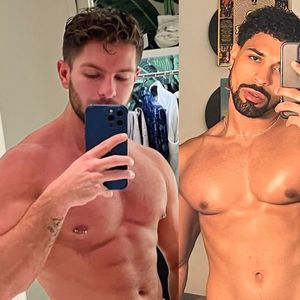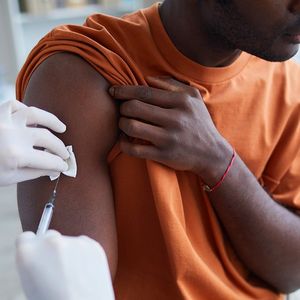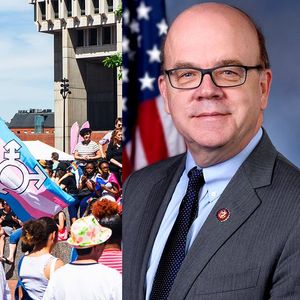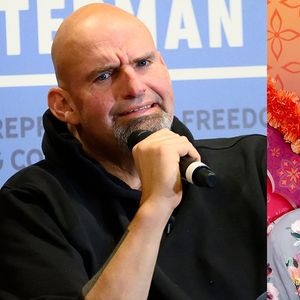On Wednesday, November 19th, my friend Brad Crelia passed away just two days after being named one of POZ honorees for people living with HIV under 30. Brad had been sick for a long time. Not only was he living with HIV, but he had struggled for years with health issues related to porphyria, a painful and debilitating condition that declared war on his body and kept him going in and out of the hospital.
Although he was open about his illness, most times you simply wouldn’t believe that he had potentially fatal health issues. Brad’s exuberance and joie de vivre simply wouldn’t allow his disease to keep him from doing what he wanted to do — for as long as he was physically capable.
I first met Brad in 2010, about a year after I tested HIV-positive, as I was just coming to understand my own virus and my relation to it. We met initially in less than professional circumstances; I found him on a dating website and we exchanged messages. While I wasn’t to meet him in person for some time to come, I was left with a lasting impression of a handsome face,
a friendly demeanor, and a rare sense of articulation and self-possession.
Brad then published a piece in BUTT magazine, in which he spoke about a tattoo he got
commemorating his HIV status — as well as how the virus changed what he thought about his own future. This was a time pre-PrEP, when it was more likely for HIV-positive gay men to find themselves ostracized from their own communities due to stigma and ignorance.
Here was a person, like myself, who was public about his HIV status in order to help change how we talk about the virus. Not only that; he was eerily familiar. I remembered that I had spoken to him before, and decided I would seek him out.
A simple Facebook search and consequent correspondence resulted in my coming on to work on his website, which now is his legacy: Hivster.com. Hivster was a place for HIV-positive writers to come together and talk about politics, art, pop culture, and the stigma that people living with HIV in America face. I worked two stints at Hivster, once as a liberal progressive columnist,
and then again as an editor in addition to editorializing about my evolution as a radical anarchist. In both cases, Brad gave me free reign; it was less important to him that our politics remain similar and more important that HIV-positive voices were heard.
I haven’t written for Hivster in a long time, but I owe part of my visibility as a writer to him, and I can say that any success I may have achieved as a writer is in part due to the fact that Brad decided that I should be heard.
The last time I saw Brad in person was in the summer of 2011, as we attended the Netroots Nation conference together. Brad had been living off and on in Spokane and New York, and even though his illness continued to complicate his life, he didn’t allow it to prevent him from speaking out about what it’s like being a poor queer living in modern society.
Sue Kerr from Pittsburgh Lesbian Correspondents bonded with him over his fearlessness to represent these important aspects of his reality: “Brad also spoke candidly about his experienceswith disability and poverty. Both topics are critical to supporting our neighbors living with HIV or other disabilities as well as those of us who are LGBTQ, but not often discussed. We had some great conversations around these topics and had brainstormed on how to put them on the table with the larger LGBTQ advocacy community. Brad's activism and his life exemplify the need to focus on the ‘lived experiences’ of LGBTQ people.”
While Brad’s activism was outspoken, he also accepted and understood that he needed to learn more about issues related to HIV that he hadn’t considered before. When we saw each other at Netroots, he asked me what he should be focusing on in his writing. “HIV decriminalization!” I urged, and he took it to heart. This past year he participated in the inaugural HIV Is Not A Crime Conference planning committee, and impressed attendees with his energy and passion.
Sean Strub, founder of Poz magazine and the Sero Project, and author of Body Counts told me, “Brad was on the planning committee and was collegial, helpful, and passionate about the work. He had recently moved to Spokane and had expressed a desire to connect to a larger national community of HIV positive empowerment activists, which he found through the conference. I knew he had serious health issues, but his posts on Facebook were inevitably upbeat and hopeful. His passing is a loss to the entire community of people with HIV.”
Indeed, Brad remained publicly very upbeat, no matter what his disease was doing to him. His last posts on Facebook, just two weeks ago, were about his hopes for the future and the next steps he was planning for his life. For those of us who weren’t immediately with him, his death came as a sad surprise.
Brad’s legacy is one that we can all learn from. He taught all of us that we have to talk about tough issues and about marginalized experiences. I have a deep debt of gratitude I owe Brad, not just because he impacted my life personally but because his courageous commitment to speak and his dedication to change touched the lives of all who knew of him.
That’s Brad’s greatest legacy, in my mind. We all have a debt of gratitude, one that can be discharged only by ending the very things he railed against. Homophobia, lack of accommodation for disability, poverty, and HIV stigma were his personal and public battles, and we all owe
it to people like Brad still among us to end these systems of oppression.
However, Brad’s fight is done. Tragically and sadly, he left us just nine months before his 30th birthday. I will remember him always, with his wry, lopsided smile, his acerbic wit, and his deep sense of friendship and loyalty.
Rise in power, Brad. I will not see your like again.
